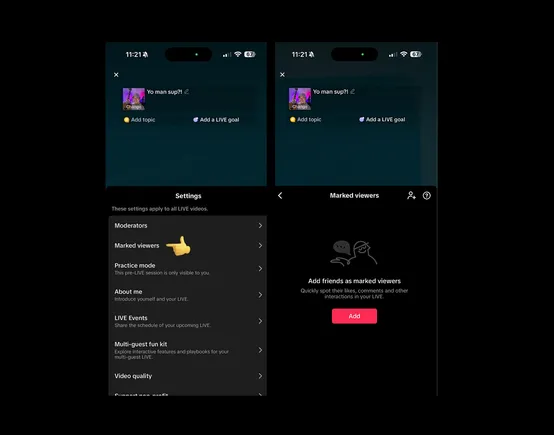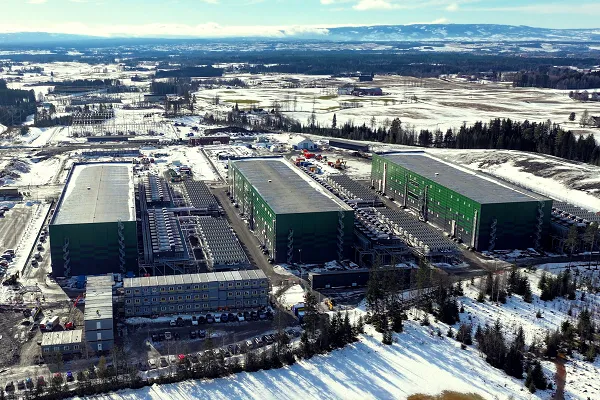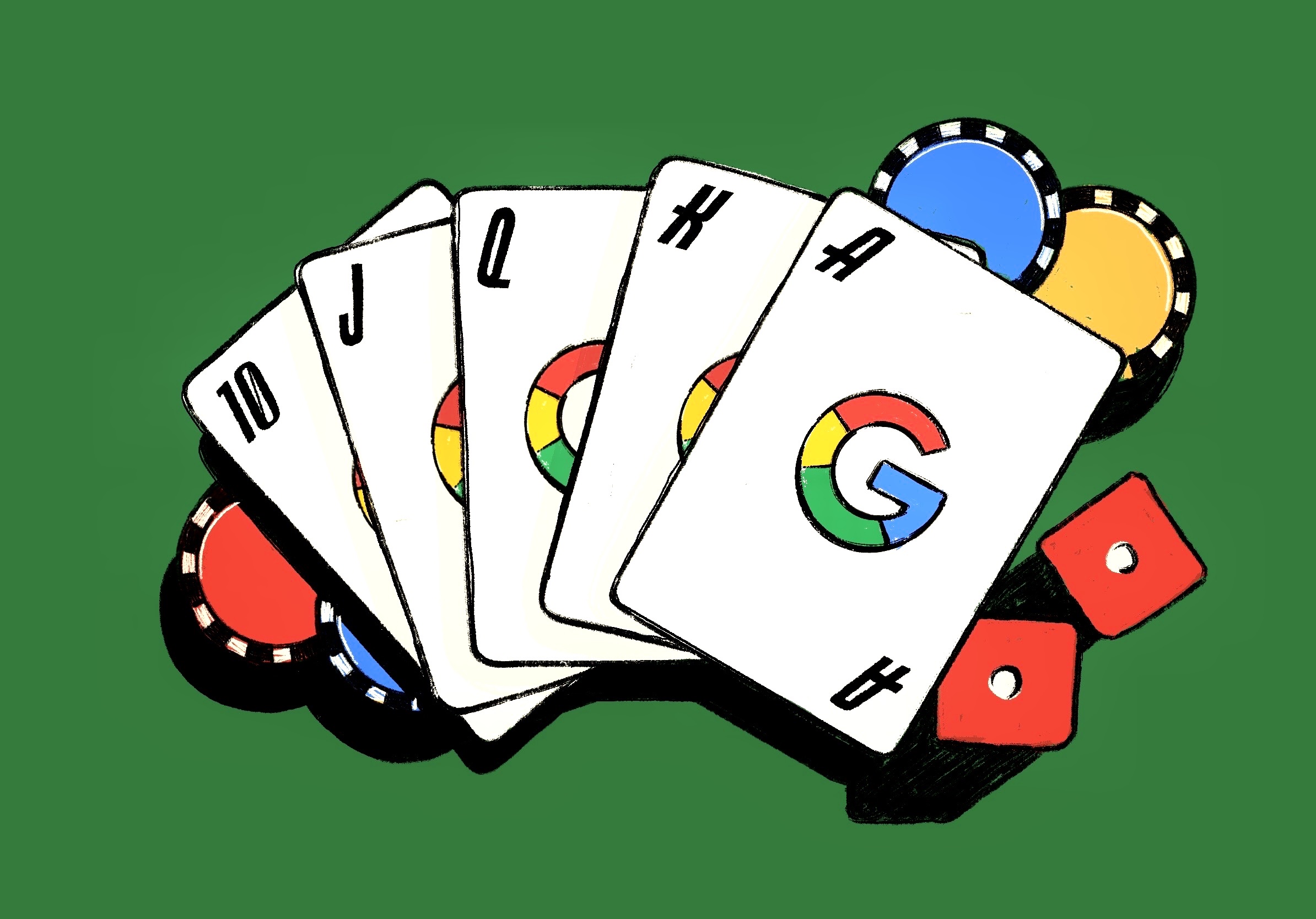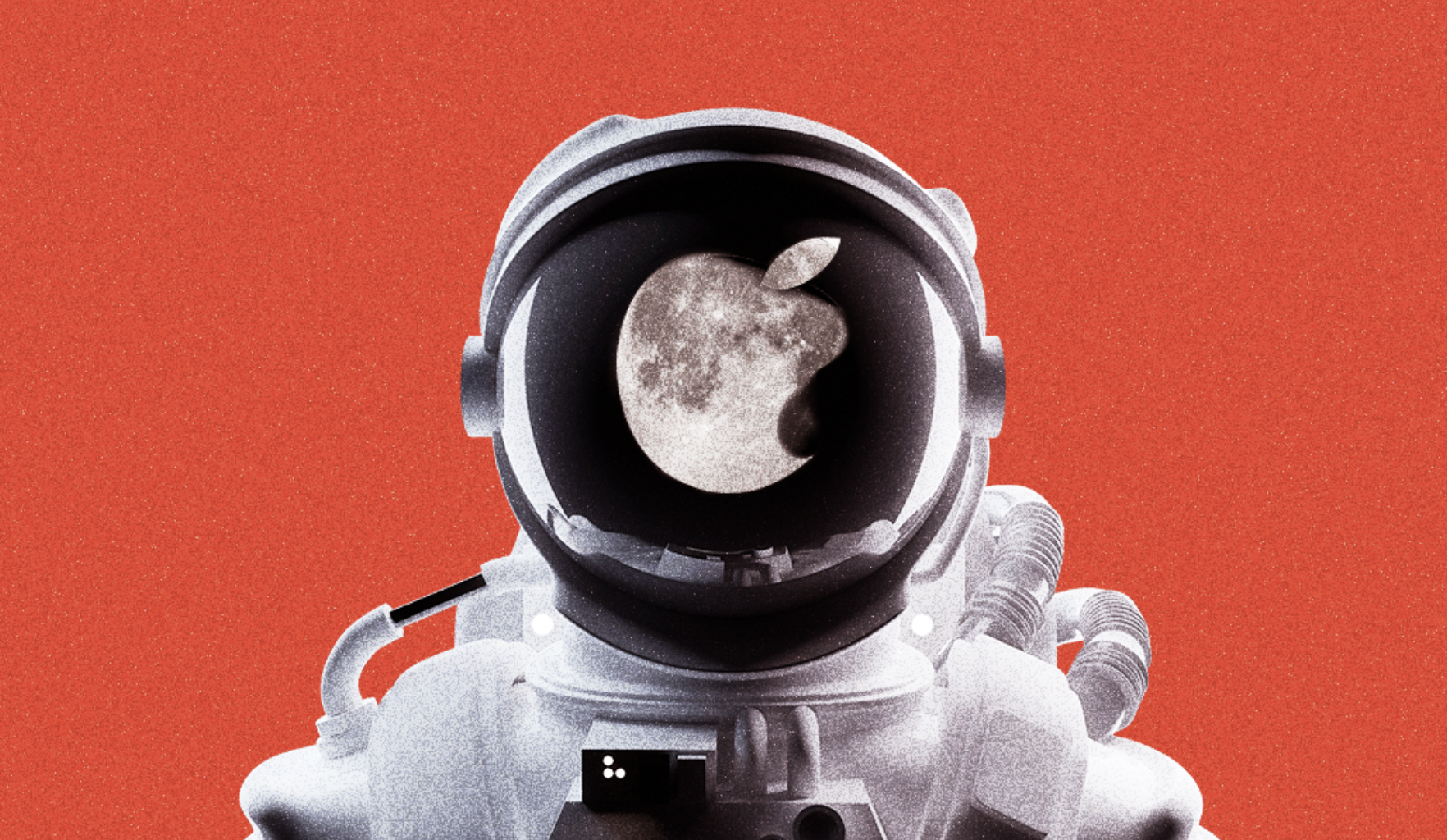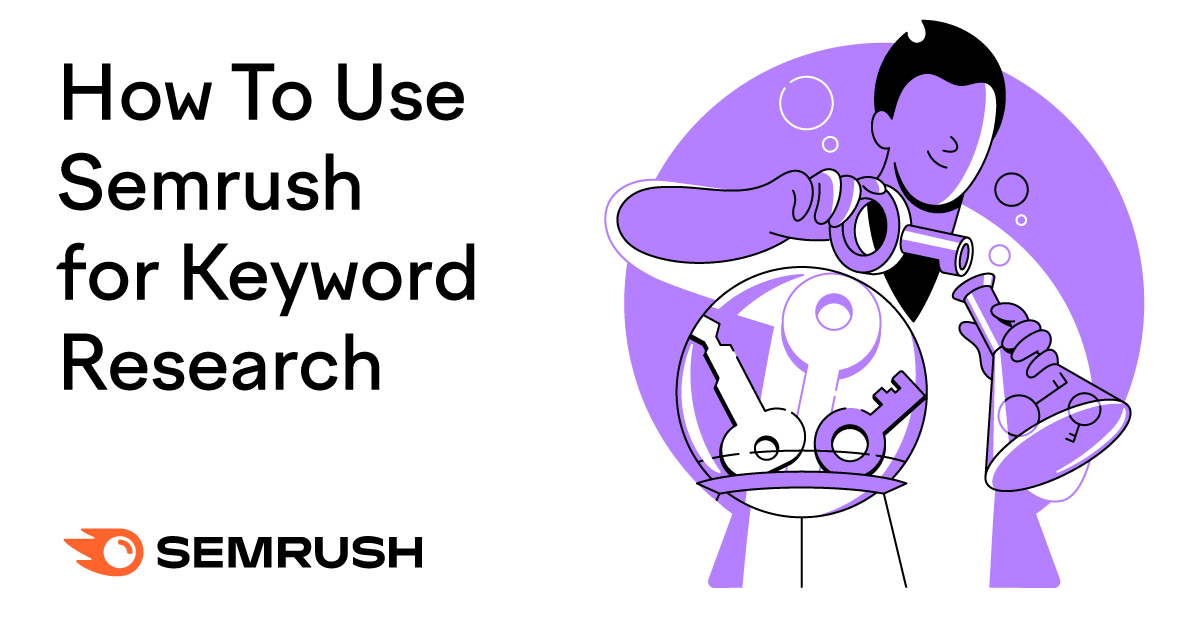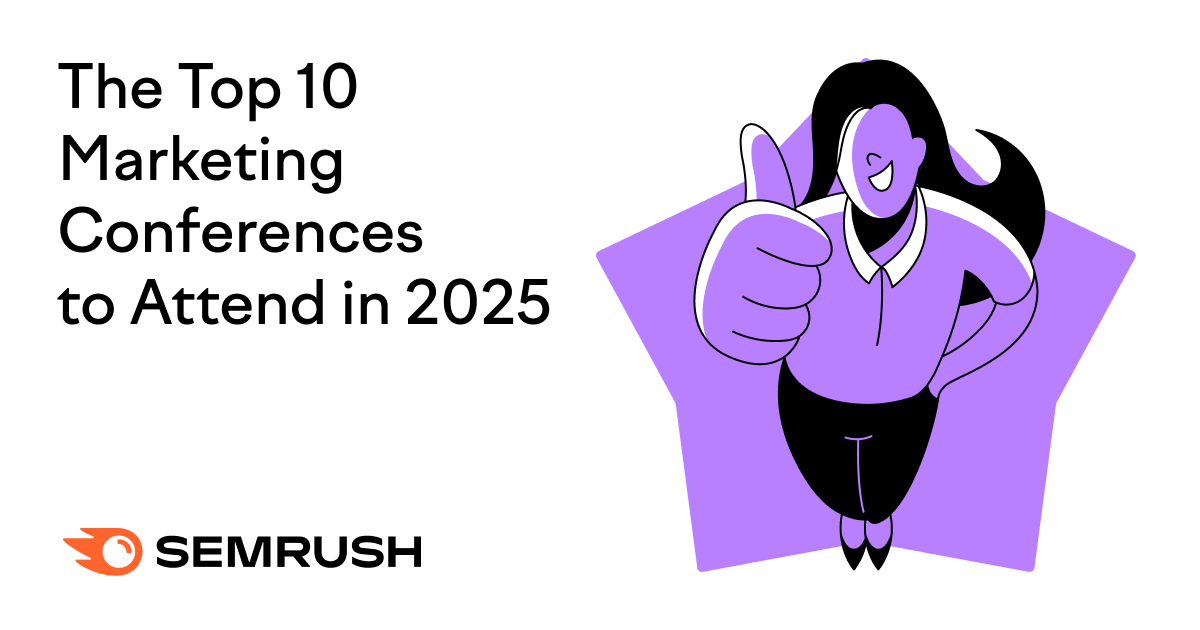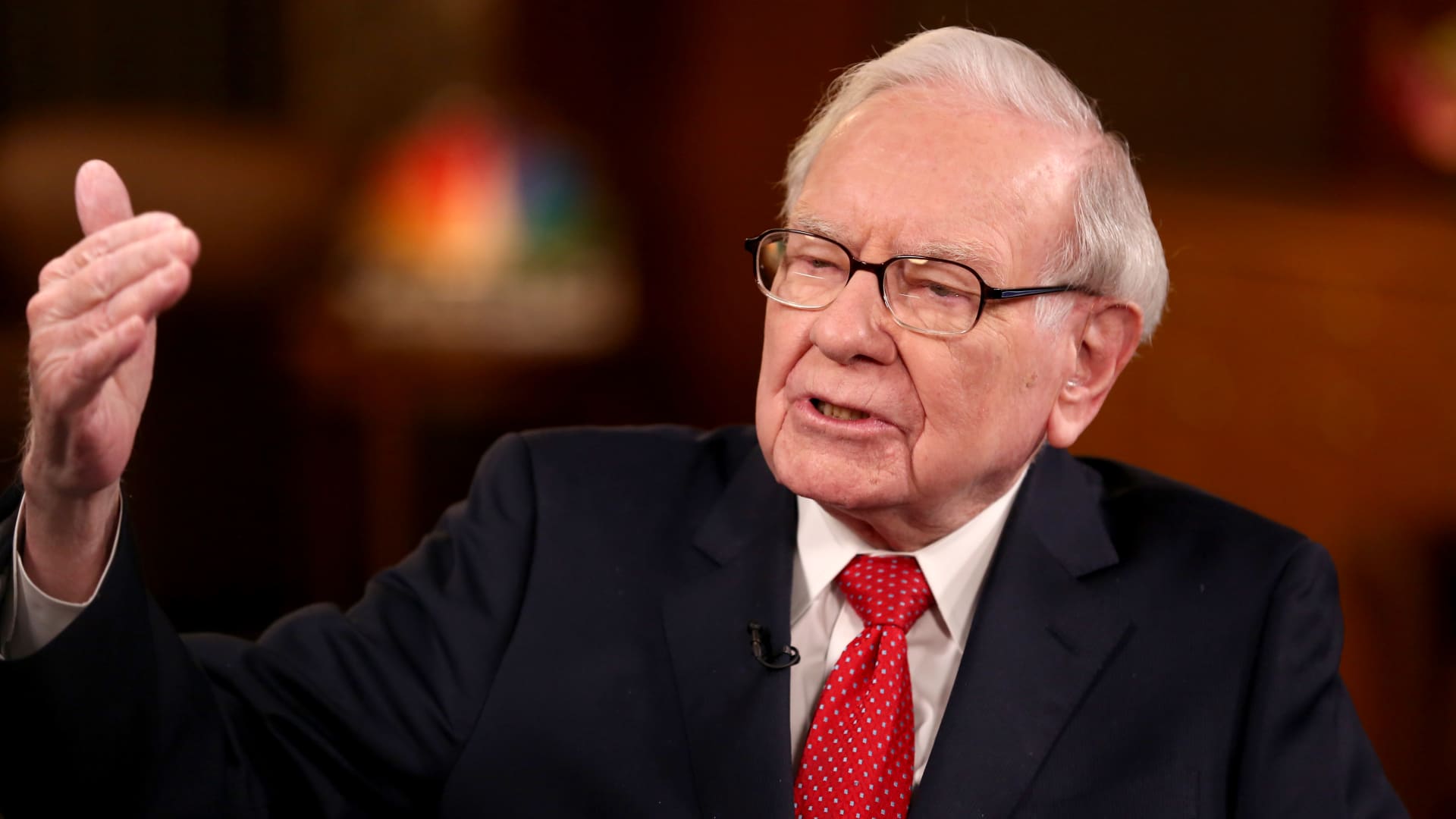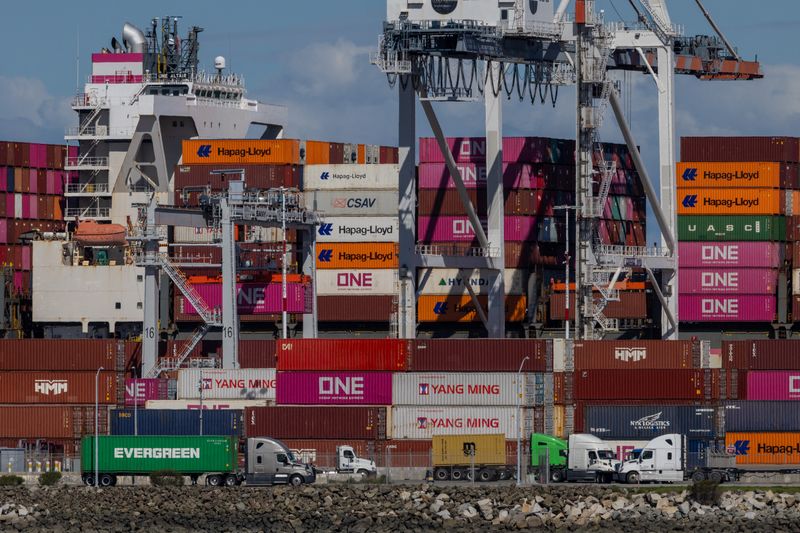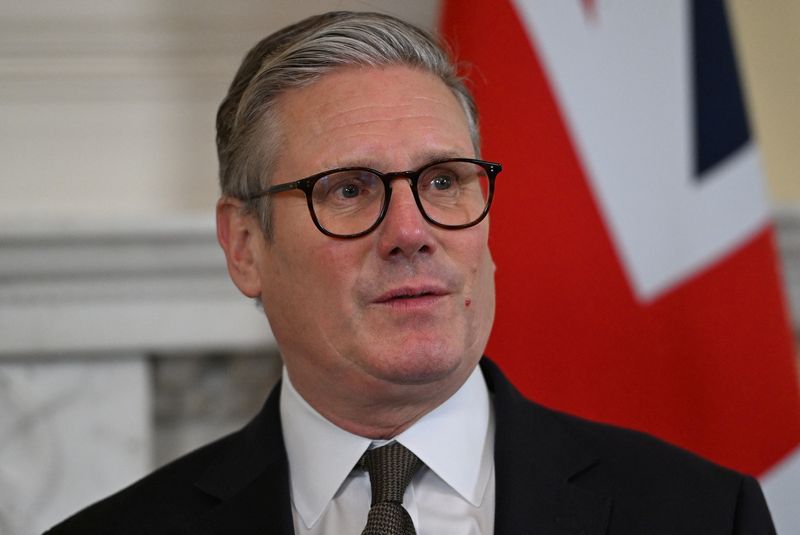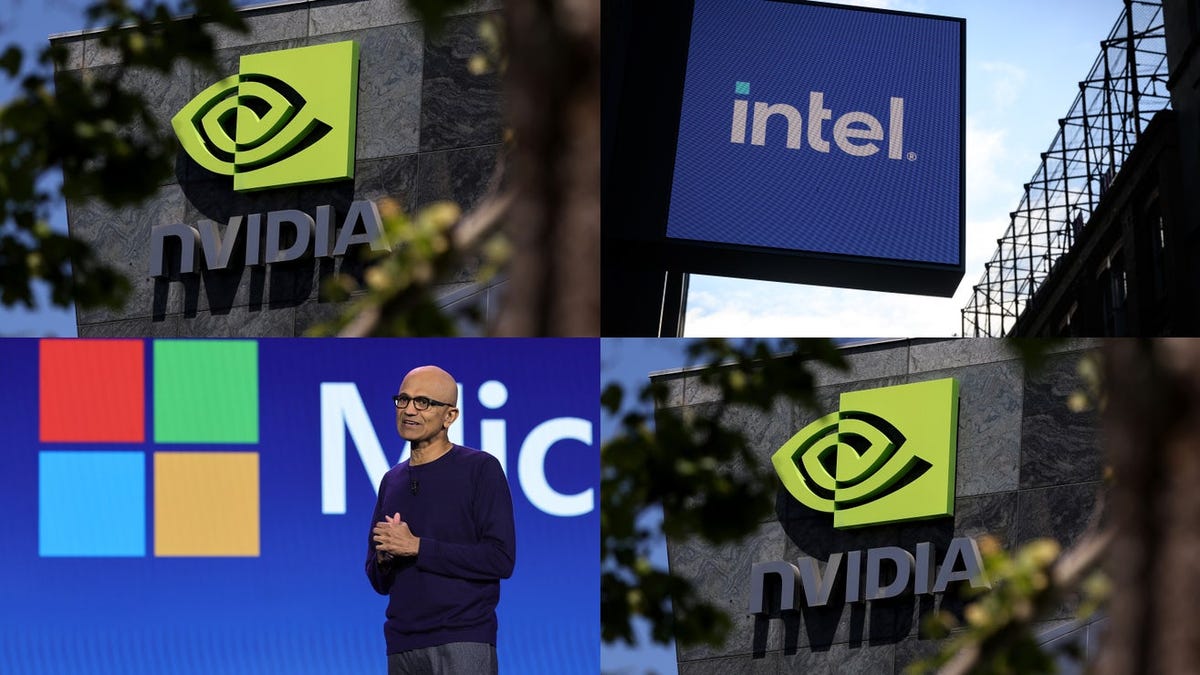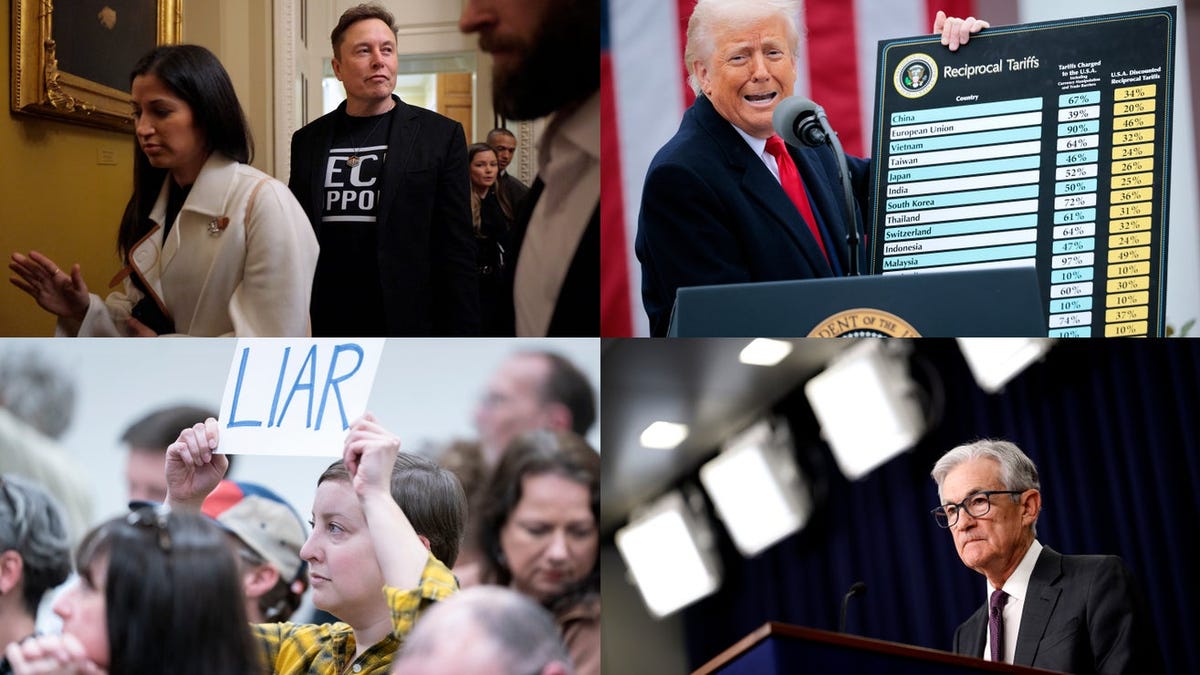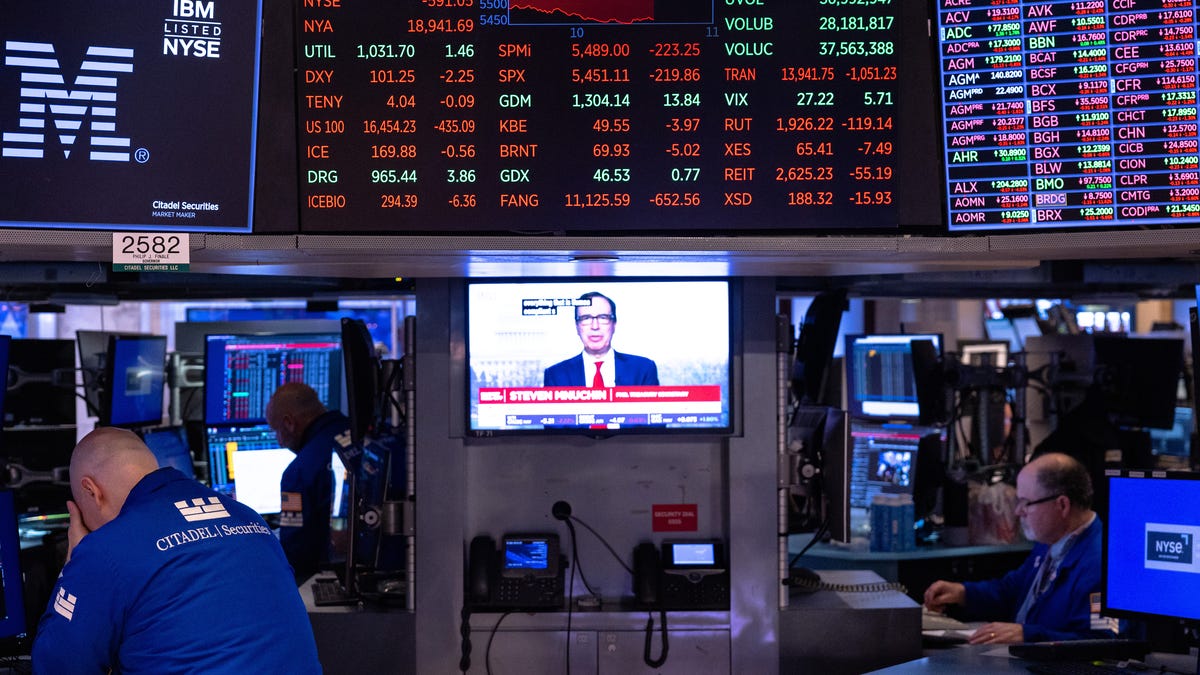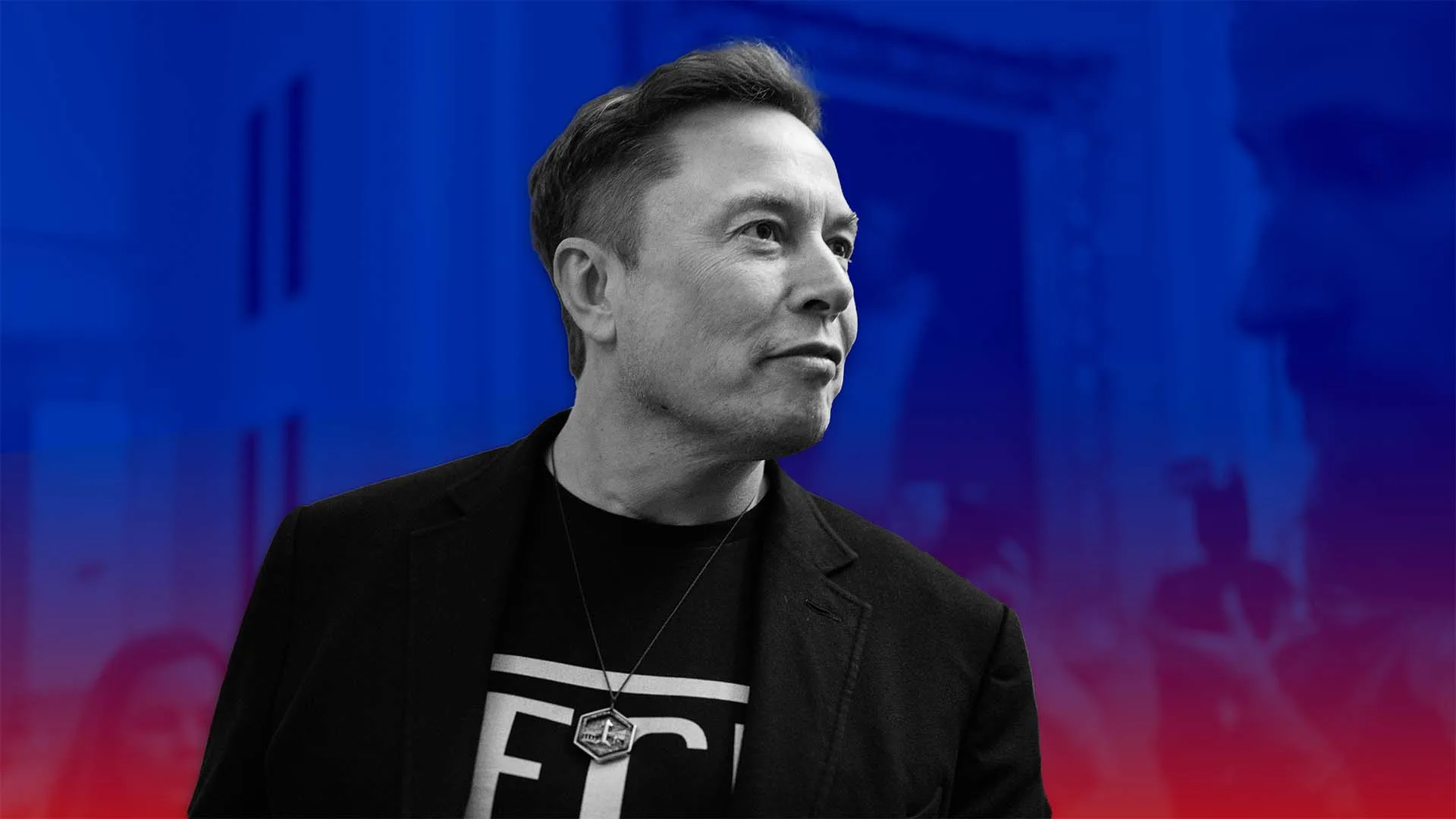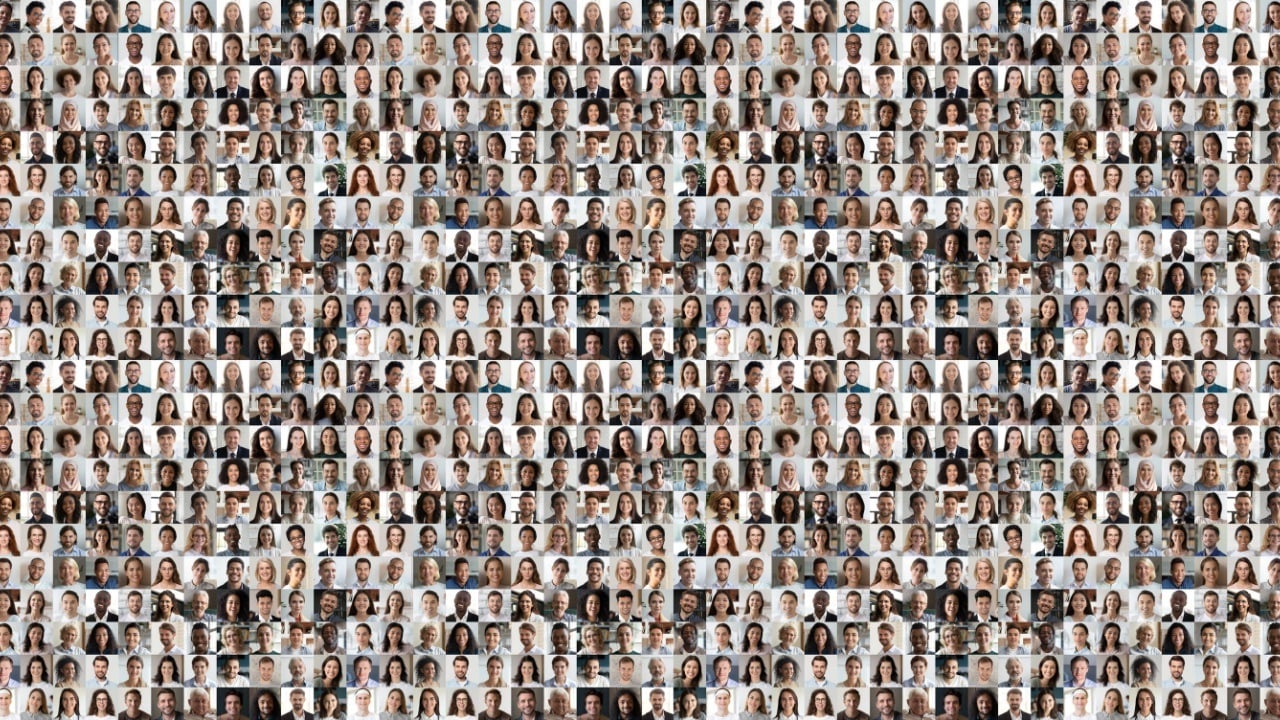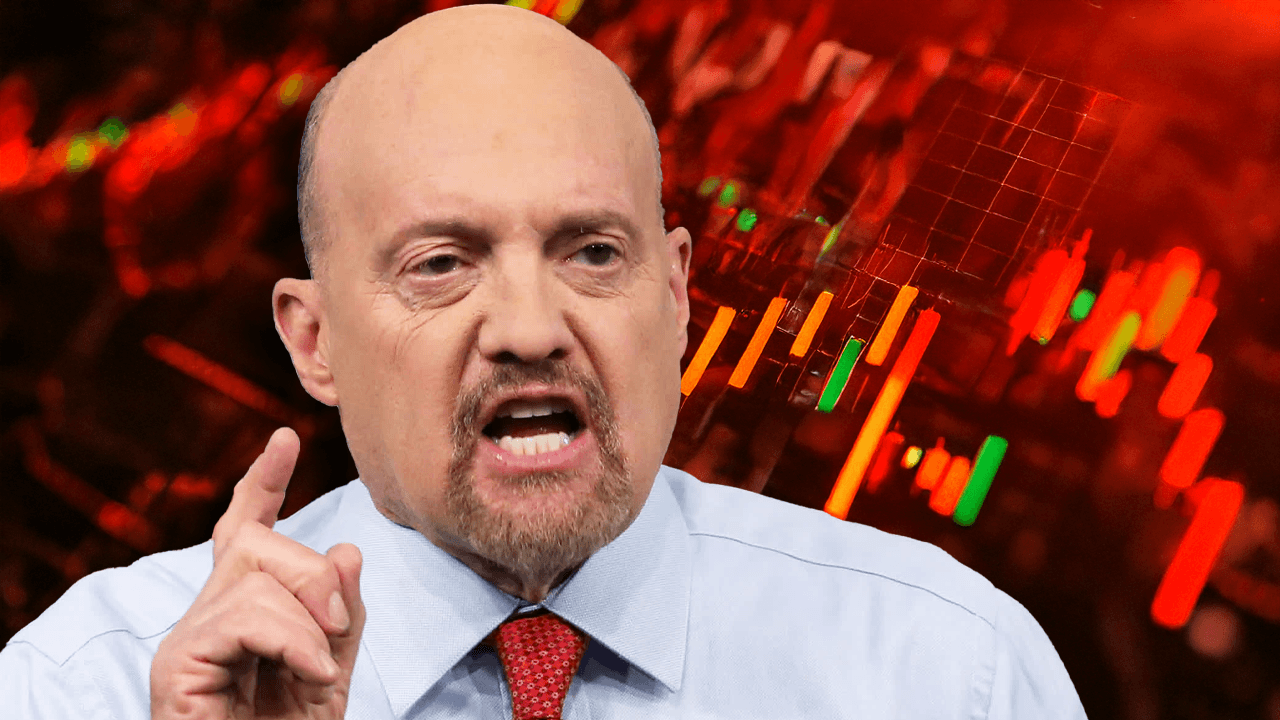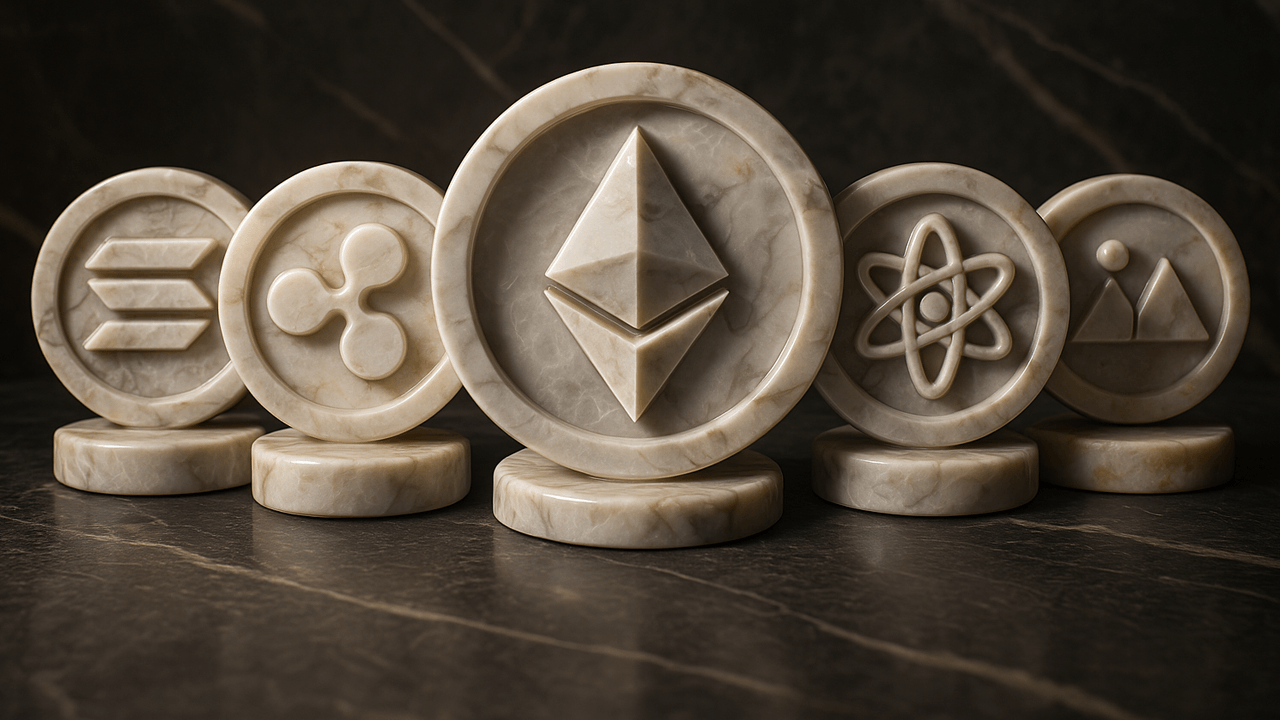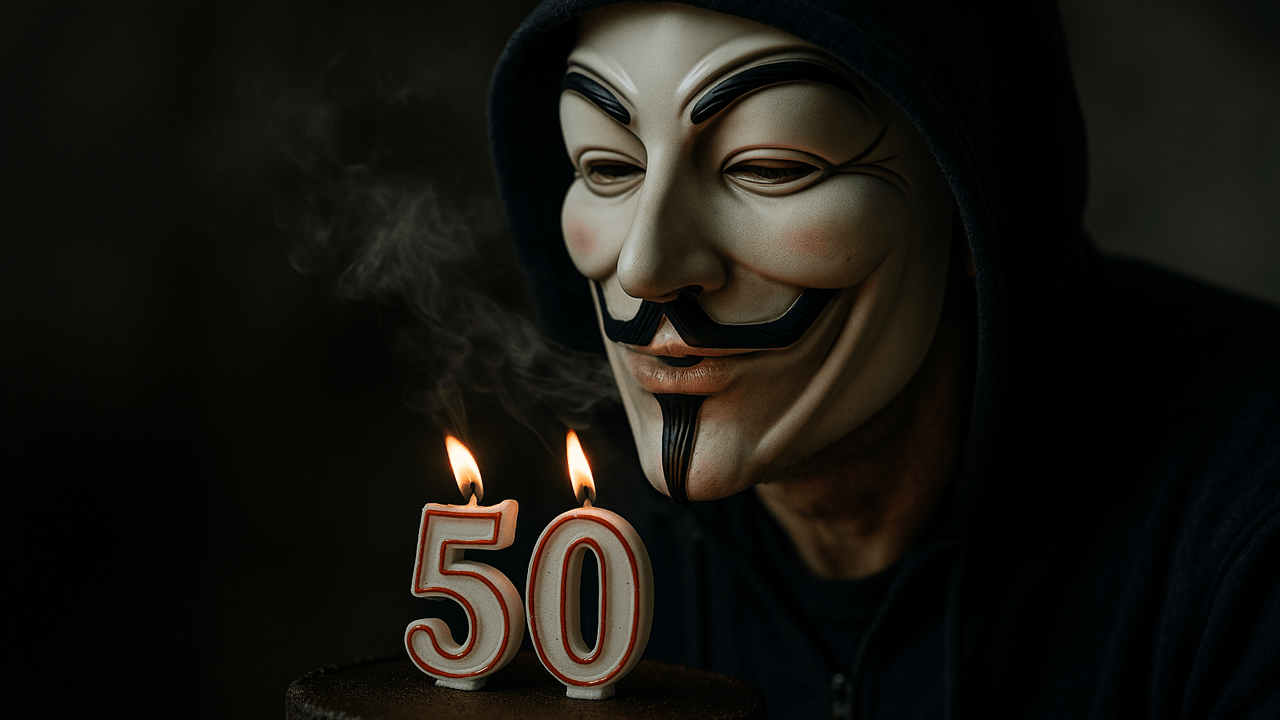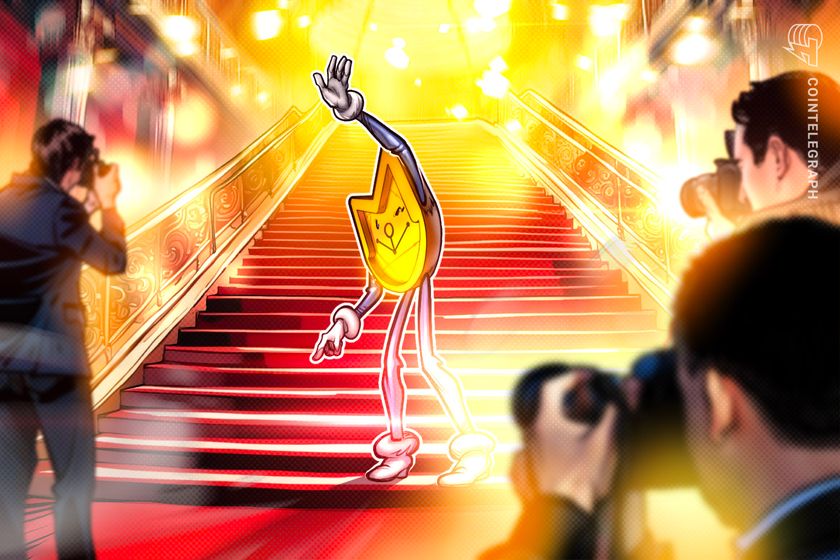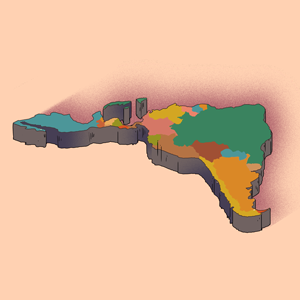‘He has never done a hot second of economic analysis’: Senator Chris Murphy on how Trump is using tariffs as a political weapon
When Trump unveiled his sweeping tariffs last week, Democratic Senator Chris Murphy of Connecticut made the case that they weren’t about economic policy. Instead, he says, they’re a tool to force businesses (and countries) to pledge loyalty to Trump. We talked to Murphy about Trump’s motivations, what Congress should be doing in this moment, and how citizens can make sense of the chaos and make their voices heard. (This interview has been edited for length and clarity.) Can you briefly explain what you think is the real motivation behind the tariffs? I think there are a lot of signs that point to this as political, not economic policy. First, it makes no sense as economic policy. Economists cannot understand the formula. They can’t understand the strategy. It applies to countries with trade deficits and with trade surpluses. It applies to our friends and our enemies. It doesn’t make sense if you’re trying to read it as economic policy. Second, Trump has been pretty consistent in using whatever power he has through taxation or spending in order to compel loyalty from institutions that matter to democracies. He’s threatened to cut off funding for higher education and law firms unless they cut deals with him. He’s trying to destroy journalists by denying them access to government buildings unless they use the words that he picks. And so, it would make sense in that context that he is just using a different tool—tariffs—to force industries and companies to come bend the knee to him and cut deals with him that benefit him politically. So at some point, I think you have to sort of understand what the central story is. And the central story is not improving people’s lives, it’s not helping the economy, it’s converting our democracy to autocracy. Do you think it’s possible that he somehow does actually believe that the tariffs are good economic policy, and the fact that he can use them as a tool to pressure businesses and others is a side benefit? I don’t think he has ever done a hot second of economic analysis on anything. I think everything to him is either a chance at good political messaging or a chance to wield more power. He does not care about good policy. He cares about a good message and power. So, for a while, the tariffs were a way to message how much he hated China. He was able to outflank Democrats in 2016 (and to a lesser extent in 2020) on the issue of fighting outsourcing. And the tariffs were the way that he communicated his commitment to fighting the Chinese economically. But he never spent any time trying to understand how to implement tariffs or how tariffs work and don’t work. It was all a message, and now it’s also a political tool. Even before the tariffs, companies have been hesitant to criticize him, though some were more outspoken in the first Trump administration. What is the role that you think companies should be playing right now? I don’t think that industry is as essential to democracy as journalists, lawyers, or universities. History is replete with moments where industry pretty quickly cowed to emerging autocrats. But there are always heroes in private industry. There are always companies that view economic freedom that comes with democracy as essential to their well-being. So there’s always an opportunity for industry to stand up and play a role when we’re sliding away from democratic norms. That’s less likely if they are all forced to show up at the White House and cut some form of loyalty deal in order to get tariff relief. Obviously, there’s a lot more going on now than just tariffs. How can Americans—not just businesses—generally deal with the barrage of attacks on the environment, health agencies, education, and everything else, when so much is happening simultaneously? I think it’s important to understand that it’s not 10 different narratives. It’s one narrative. It can be hard to understand how everything is connected when the daily blizzard feels overwhelming. But the story is consistent. Trump is trying to create a kleptocratic oligarchy where the very-rich few use government to steal from us. And he’s trying to destroy our democracy because he can’t get away with that thievery if there’s an accountability structure in place. So that’s why I really believe that the tariffs are not about economics but about politics. Because I don’t think Donald Trump wakes up every day thinking about how to make the economy work better for anybody other than his Mar-a-Lago friends. To me, everything that he is proposing is part of that central storyline. You’ve said that the moment we’re in requires us to break norms and take risks. What more do you think Congress should be doing right now to take back power from Trump? Historically, when elected leaders try to destroy democracy and become permanent rulers, it’s mass mobilization and courts that stand in their way. I’m not a judge, I don’t command an army. So I’ve got to understand the role that I pl

When Trump unveiled his sweeping tariffs last week, Democratic Senator Chris Murphy of Connecticut made the case that they weren’t about economic policy. Instead, he says, they’re a tool to force businesses (and countries) to pledge loyalty to Trump. We talked to Murphy about Trump’s motivations, what Congress should be doing in this moment, and how citizens can make sense of the chaos and make their voices heard. (This interview has been edited for length and clarity.)
Can you briefly explain what you think is the real motivation behind the tariffs?
I think there are a lot of signs that point to this as political, not economic policy. First, it makes no sense as economic policy. Economists cannot understand the formula. They can’t understand the strategy. It applies to countries with trade deficits and with trade surpluses. It applies to our friends and our enemies. It doesn’t make sense if you’re trying to read it as economic policy.
Second, Trump has been pretty consistent in using whatever power he has through taxation or spending in order to compel loyalty from institutions that matter to democracies. He’s threatened to cut off funding for higher education and law firms unless they cut deals with him. He’s trying to destroy journalists by denying them access to government buildings unless they use the words that he picks.
And so, it would make sense in that context that he is just using a different tool—tariffs—to force industries and companies to come bend the knee to him and cut deals with him that benefit him politically. So at some point, I think you have to sort of understand what the central story is. And the central story is not improving people’s lives, it’s not helping the economy, it’s converting our democracy to autocracy.
Do you think it’s possible that he somehow does actually believe that the tariffs are good economic policy, and the fact that he can use them as a tool to pressure businesses and others is a side benefit?
I don’t think he has ever done a hot second of economic analysis on anything. I think everything to him is either a chance at good political messaging or a chance to wield more power. He does not care about good policy. He cares about a good message and power.
So, for a while, the tariffs were a way to message how much he hated China. He was able to outflank Democrats in 2016 (and to a lesser extent in 2020) on the issue of fighting outsourcing. And the tariffs were the way that he communicated his commitment to fighting the Chinese economically. But he never spent any time trying to understand how to implement tariffs or how tariffs work and don’t work. It was all a message, and now it’s also a political tool.
Even before the tariffs, companies have been hesitant to criticize him, though some were more outspoken in the first Trump administration. What is the role that you think companies should be playing right now?
I don’t think that industry is as essential to democracy as journalists, lawyers, or universities. History is replete with moments where industry pretty quickly cowed to emerging autocrats. But there are always heroes in private industry. There are always companies that view economic freedom that comes with democracy as essential to their well-being. So there’s always an opportunity for industry to stand up and play a role when we’re sliding away from democratic norms. That’s less likely if they are all forced to show up at the White House and cut some form of loyalty deal in order to get tariff relief.
Obviously, there’s a lot more going on now than just tariffs. How can Americans—not just businesses—generally deal with the barrage of attacks on the environment, health agencies, education, and everything else, when so much is happening simultaneously?
I think it’s important to understand that it’s not 10 different narratives. It’s one narrative. It can be hard to understand how everything is connected when the daily blizzard feels overwhelming. But the story is consistent. Trump is trying to create a kleptocratic oligarchy where the very-rich few use government to steal from us. And he’s trying to destroy our democracy because he can’t get away with that thievery if there’s an accountability structure in place. So that’s why I really believe that the tariffs are not about economics but about politics. Because I don’t think Donald Trump wakes up every day thinking about how to make the economy work better for anybody other than his Mar-a-Lago friends. To me, everything that he is proposing is part of that central storyline.
You’ve said that the moment we’re in requires us to break norms and take risks. What more do you think Congress should be doing right now to take back power from Trump?
Historically, when elected leaders try to destroy democracy and become permanent rulers, it’s mass mobilization and courts that stand in their way. I’m not a judge, I don’t command an army. So I’ve got to understand the role that I play. The role that I play is to try to stop as much bad legislation as I can, but also to act in a way that inspires people outside of the building to stand up in a substantive way.
So that’s why I’ve committed to traveling the country and trying to help mobilize people. That’s why I think, internally, we need to take tactical risks on a regular basis, like Cory Booker did the other night with his [record-breaking speech], because that kind of bravery does translate to the public and causes a lot of people to engage in individual acts of political bravery. I argue that we need to be taking exceptional risks and engaging in exceptional tactics inside the building because that translates the kind of urgency to the American public that’s necessary at this moment.
There are a lot of protests happening this weekend. Do you think there’s more that citizens can be doing than going out in the streets?
I think right now our job is to show that those of us who oppose the billionaire takeover and oppose the destruction of our democracy are a majoritarian movement. And once it becomes clear that there is true popular opposition to what’s happening, the space gets more and more limited for Trump to operate in. The Supreme Court, whether we like it or not, is a political body. And Roberts and Kavanaugh and Barrett do look to the public to see if their rulings are going to be in step or far out of step with where the public is.
If we ultimately need to engage in much more serious public action, like civil disobedience, in the case that Trump prompts a five-alarm constitutional crisis, that kind of more risky, specific behavior is easier if everybody knows that they are part of a movement that commands a big majority. I think right now, it’s traditional forms of protest and political action that matter most. It may be that later on down the line, we have to engage in different kinds of action. But the first project is to show that the people are on our side, not on Trump’s side.



![How to Find Low-Competition Keywords with Semrush [Super Easy]](https://static.semrush.com/blog/uploads/media/73/62/7362f16fb9e460b6d58ccc09b4a048b6/how-to-find-low-competition-keywords-sm.png)
